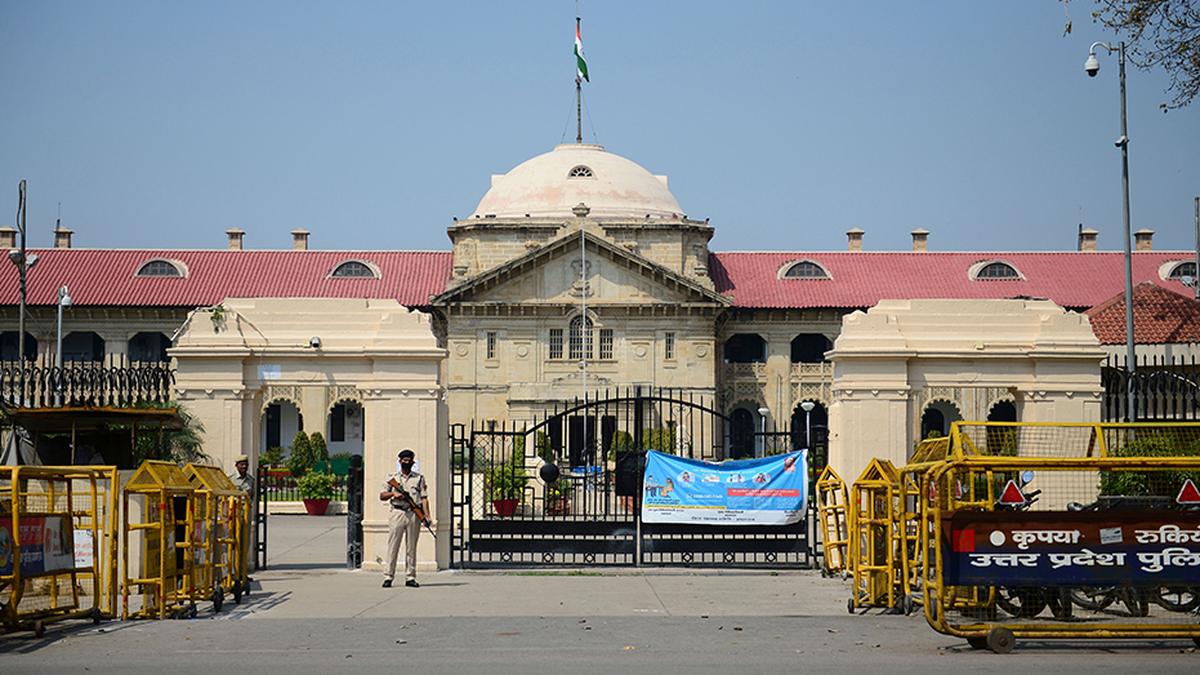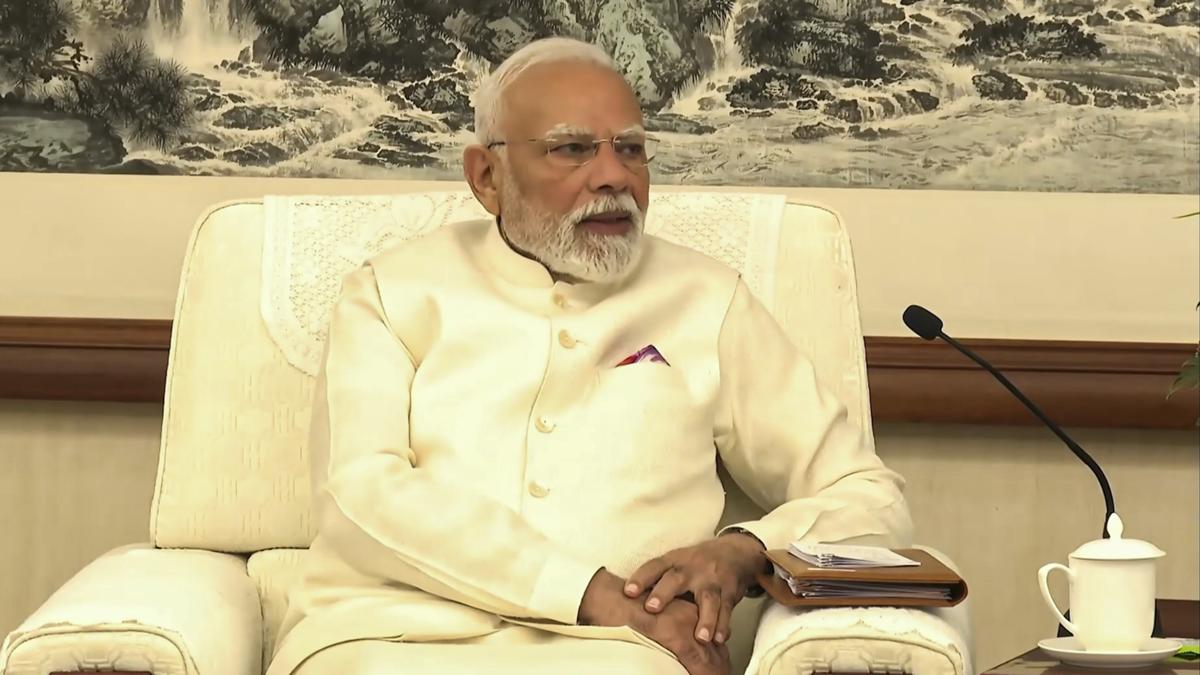Now Reading: HC Strikes Down 79% Reservation in U.P. Medical Colleges Across Four Districts
-
01
HC Strikes Down 79% Reservation in U.P. Medical Colleges Across Four Districts
HC Strikes Down 79% Reservation in U.P. Medical Colleges Across Four Districts

Fast Summary
- Verdict: The Allahabad High Court nullified Uttar Pradesh government orders that had reserved over 79% of seats in government medical colleges in Ambedkar nagar, Kannauj, Jalaun, and Saharanpur districts.
- Court’s Directive: The court ordered fresh allocation of seats adhering to the Reservation Act of 2006, ensuring reservation does not exceed the legal cap of 50%.
- Petitioner’s Argument: NEET candidate Sabra Ahmed highlighted that only seven out of the 85 state quota seats were allocated to unreserved categories in some medical colleges due to unlawful reservation levels.
- Government’s Defense: The State argued that exceeding the 50% reservation limit was permissible based on precedents like the Indira Sawhney case.
- Court’s Rejection: Justice Pankaj Bhatia ruled that any increase beyond the established ceiling must follow proper legal processes.
Indian Opinion Analysis
The Allahabad high Court’s judgment reaffirms adherence to India’s long-established principle capping reservations at a maximum of 50%,as mandated by constitutional provisions and upheld thru judicial precedents. While it underscores procedural accountability for altering reservation limits, it also serves as a crucial reminder for maintaining equitable access across all categories within public institutions. For medical aspirants dependent on state quotas, this growth resets contentious allocation practices. However, broader implications may spark further debate about balancing social policies and meritocracy within India’s competitive education landscape.Read more: The Hindu
























